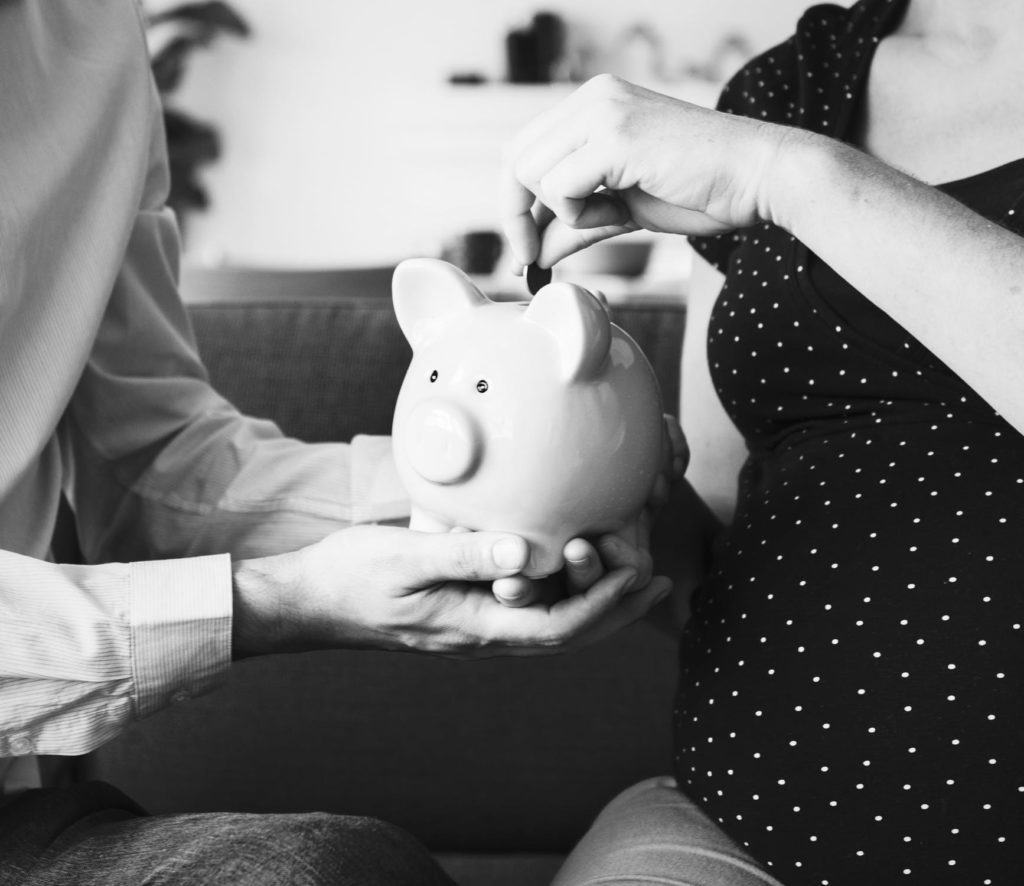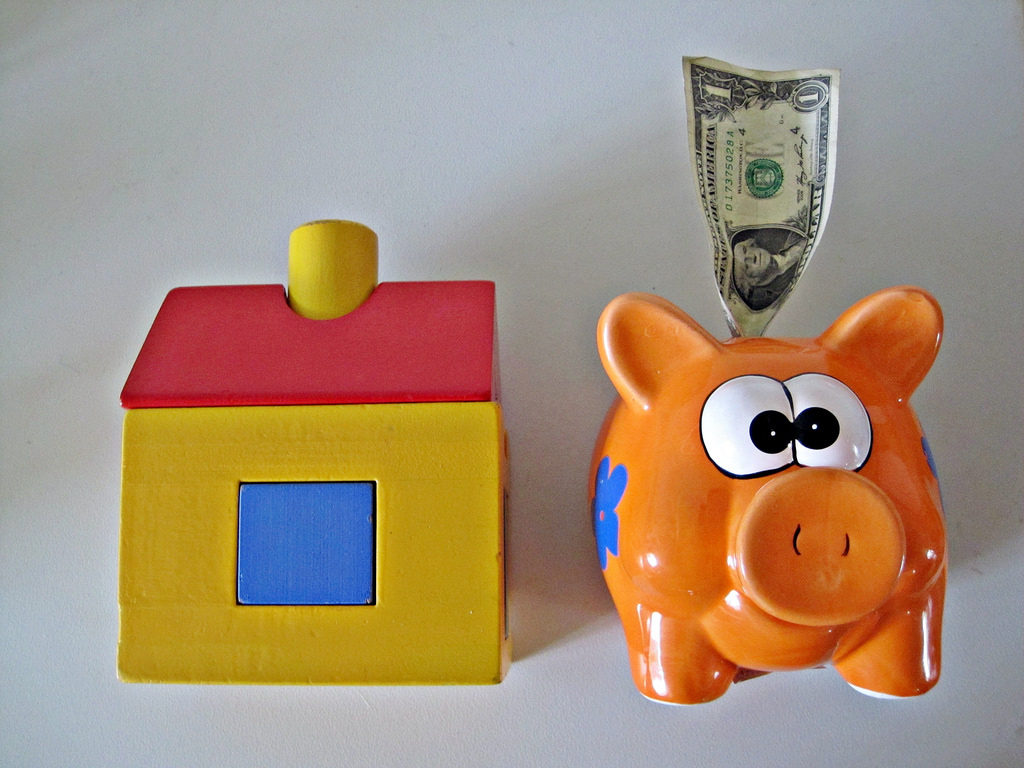
The holidays are a time for joy and cheer. But they’re also when people tend to spend beyond their means, which can lead to a lot of misery after putting away the Christmas decorations. Don’t worry—there’s still reason to be merry, even if your finances are on the naughty list. Here’s how to go on a spending detox after the holidays.
Look Through Your Credit Card Balances
First thing, you need to assess the damage of your holiday spending spree. If you bought a lot of gifts, or just spent too much time at the mall, it’s likely that you charged more than you thought on your credit cards. The severity of your spending will determine how hard you need to detox after the holidays. Look through all your credit card balances to see just how much you’ll need to pay off over the coming months.
Don’t Go into Denial
On average, people in the U.S. took on over $1,000 in holiday spending debt in 2017. About a quarter of people who took out debt for the holidays said it would take them at least six months to pay it off. That’s a long time. And for a lot of people, it can be overwhelming to think about paying off holiday gifts in June.
What’s worse, about 10 percent of people will only be able to make minimum payments on this debt—causing it to accumulate hundreds (or more) dollars in interest. If you find yourself deep in debt after the holidays, the worst thing you can do is ignore it, as this will only cause it to get worse.
Make a Detailed Payment Plan
You’ll need to put together a payment plan if you want to effectively pay down your holiday spending debts. Credit cards come with high interest rates, so you won’t want to delay in formulating your approach. There are a few recommended ways for paying down credit card balances. If you’re disciplined, and want to save the most money, you should attack your highest interest rate debt first. But this isn’t necessarily the best option for everyone. People who need to see progress in order to succeed should take out the smallest balances first. This—appropriately named for the winter months—is called the snowball repayment method.
Any individuals struggling to repay their debts can also seek outside help. Organizations such as Freedom Debt Relief specialize in debt negotiation and settlement, which can help consumers who otherwise can’t meet their obligations. Look at Freedom Debt Relief reviews to get an idea of how many people have been helped by this service.
Take a Financial Fast
Some people fast in order to cleanse their bodies. This might not be the worst idea if you eat too much over the holidays. But you should also consider the benefits of going on a so-called financial diet. Spending less in the months following the holiday season is a good idea if you need to play catch-up with your finances. Curbing costs on things like dining out—or other non-essentials—is a good way to pay back your debts faster. You can also consider using various apps to help you find the best deals when you do need to spend money.
Return What You Don’t Need
Are you really going to wear that sweater from Auntie Rose? If you received gifts that you just don’t see yourself using, there’s nothing wrong with returning them. People often include gift receipts when they give presents over the holidays. Returning things that you won’t actually use is one of the best ways to get back some of the money you spent on others.
Plan Ahead
Part of your detox regimen should be looking ahead to next year. If you’re able to put away some money into a holiday fund, you won’t need to take such drastic measures after the fact. This is often easier said than done, especially since so many people have tight budgets already. However, when you know you’re going to be spending money in the future, it makes sense to start saving today.
For many people, the post-holiday spending hangover feels much worse than waking up after drinking too many cups of eggnog. Lessen the headache by going on a spending detox after the Christmas season.


